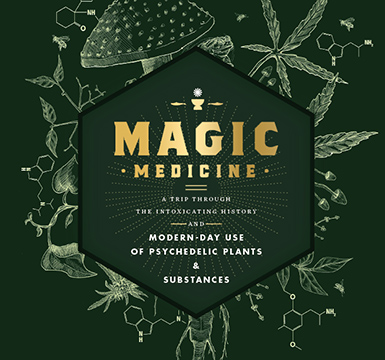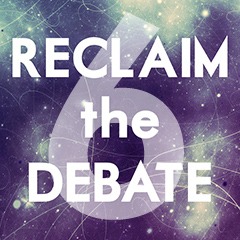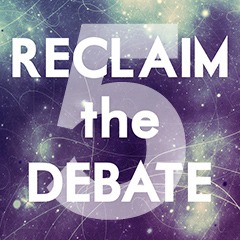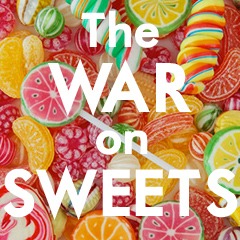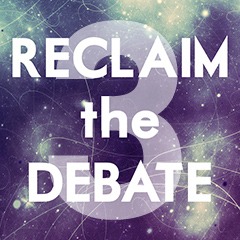I have already examined the psychology of Prohibition and our neurotic desire for control. In this six-part series, I focus on the skewed language and unquestioned assumptions that taint the Prohibition debate.
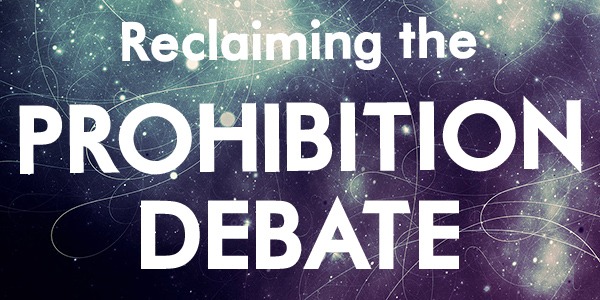
Language always lies… We proceed from one fiction to another, every time we open our mouths to speak.
—Robert Anton Wilson
Language hypnotizes us. We are raised with the phrases and conventions of our culture, and no matter how insidious or wrong-headed they prove to be—no matter how independent-minded we pretend to be—these ideas carry great power over us for our entire lives. When we name things, imbuing them with connotations of good and bad, approved and taboo, we make them real. Not objectively real, but real in our minds—which for human beings is practically the same thing.
When it comes to prohibition, we use all the wrong language and ask all the wrong questions.
When we act as though our concepts are real—as though currency had value, as though laws had power, and as though “sin” and “vice” and “crime” were more than just socially disapproved behaviors—we make them so. As language becomes ingrained over time, it reinforces a particular channel of reality, like a river carving out a canyon. And like a canyon, conventional views cleave deeper and deeper through the mind, until it becomes almost impossible to resist their pull—to climb out of the gorge and choose a new path. This is the spell that language casts.
Because we were indoctrinated as children, we confuse our culture’s myths for reality. By the time we are old enough to object, we have long since come to view the collective hallucination as reality itself. But as Alfred Korzybski famously warned: “The map is not the territory”—in other words, language should never be confused for the reality it describes. There are countless ways to structure and organize reality, and we should be extremely wary of accepting one perspective at the expense of all others.
How will we come to any agreement if we disagree on fundamental definitions?
This problem occurs in almost all debates that I have observed, no matter what the topic. We come to the table with all kinds of ideas and preconceptions, but we rarely bother to calibrate our language or examine our assumptions. A debate between the supporters and critics of prohibition is pointless without first discussing human rights and the role and function of government. It’s like an atheist, a Hindu, a Taoist, and a Catholic debating the existence of God without bothering to agree on what is meant by “God.” How can we engage in meaningful discussion if we disagree on fundamental definitions?
The mainstream perspective, paradigm, or “reality tunnel”—whatever you call it, I want to provide an alternative.
Of course, any perspective has a bias. To communicate anything we must use words, and words are highly subjective. There’s no way to get at the objective truth of an issue like drug policy, and that’s not my intent. My aim is to remove the focus from substances and return it to human beings. More than anything else, I want to spur critical thought about the language we use, which dominates all discussion on this topic. The mainstream perspective, paradigm, or “reality tunnel”—whatever you call it, there is an alternative.
Ready to start demolishing the fictions of Prohibition? Continue to Part 2—The Gravity of Law.
Liked this post? Subscribe to my RSS feed to get much more!

